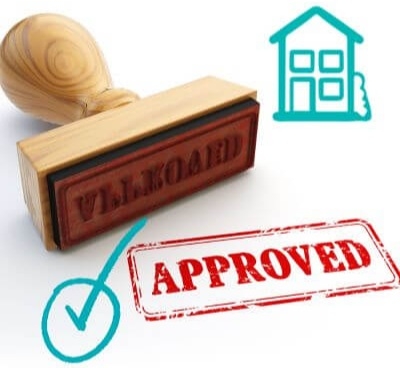Lake Properties Lake Properties
Lake Properties Lake Properties
Here’s a detailed breakdown of what “approval” means at various stages of the property buying process in South Africa, with a special focus on bond approval and other types of approvals involved.
🔑 1. Bond (Home Loan) Approval
This is the most critical approval for most buyers.
💼 What It Is:
When a buyer applies for a home loan from a bank, the bank reviews:
- Income and employment history
- Credit record and affordability
- Existing debts
- Deposit available
The bank may:
- Approve the full amount requested
- Approve partially (e.g. 80% loan, 20% deposit needed)
- Decline the application
📝 Process:
- Offer to Purchase (OTP) is signed.
- Buyer applies for a bond with one or more banks.
- The bank sends out a valuer to assess the property.
- Bank gives bond approval in principle, subject to valuation.
- Final bond approval is issued with terms and conditions.
- The buyer signs bond documents at a bond attorney’s office.
🕒 Timeline:
- Typically takes 5–10 working days after application.
- Some OTPs include a deadline (e.g. “bond approval within 21 days”).
🧩 Tip:
Using a bond originator (like ooba or BetterBond) can help buyers compare offers from multiple banks.
📄 2. Offer to Purchase (OTP) Approval and Suspensive Conditions
The OTP is a legally binding agreement between the buyer and seller. It often includes suspensive conditions—conditions that must be met before the sale is final.
Common Suspensive Conditions:
- Bond approval
- Sale of another property (if the buyer needs to sell first)
- Deposit payment within a set time
- Building plan approvals (for sectional title units or developments)
If the buyer doesn’t meet these conditions in time, the OTP becomes null and void, and no sale occurs.
⚖️ 3. Attorney and Regulatory Approvals
A property transaction involves three sets of attorneys:
- Transferring attorney – handles change of ownership.
- Bond attorney – registers the new bond.
- Cancellation attorney – cancels the seller’s existing bond (if any).
All parties must ensure:
- FICA compliance (proof of ID and address)
- Municipal rates and taxes clearance certificate is issued
- Levy clearance certificate for sectional titles
- Transfer duty (a tax paid by buyer) is paid to SARS
- Approval from SARS to proceed with registration
🌍 4. Government / Regulatory Body Approvals (Special Cases)
These are not routine, but apply in specific scenarios:
For Foreign Buyers:
- May need South African Reserve Bank (SARB) approval if foreign funds are involved.
For Agricultural or Rural Land:
- Might require permission from the Department of Agriculture or Land Affairs.
For Development or Subdivision:
- Zoning changes, environmental approvals, and building plan approvals may be needed from the local municipality.
🏁 Final Step: Registration at the Deeds Office
After all approvals are in place, the attorneys submit documents to the Deeds Office for property registration.
- The buyer becomes the official owner.
- The bank (if there’s a bond) registers their interest.
- The seller gets paid from the buyer’s funds or bond.
This process usually takes 6–12 weeks from the date the OTP is signed.
✅ Summary Table of Approvals
| Type of Approval | Who Needs It | Purpose | Common or Rare |
|---|---|---|---|
| Bond (Home Loan) | Buyer | Finance the property | Common |
| Suspensive Conditions | Buyer/Seller | Makes OTP conditional | Common |
| FICA Compliance | Buyer & Seller | Legal requirement to prevent money laundering | Common |
| Municipal Clearance | Seller | Settle outstanding municipal fees | Common |
| SARS Transfer Duty | Buyer | Pay transfer taxes | Common |
| SARB Approval | Foreign Buyer | Move funds into/out of SA | Case-by-case |
| Agricultural/Zoning | Buyer/Developer | Comply with land use laws | Rare/Special |













